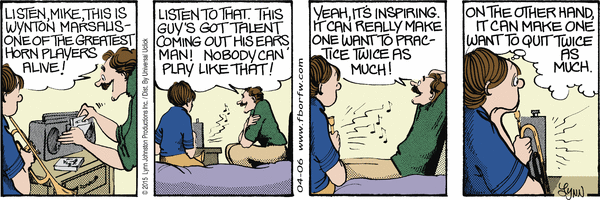Another pastor friend called me a few months ago to tell me that he was done with being a pastor. He is one of the wisest, gentlest shepherds I know and he is done. The job had taken its toll.
I’m currently aware of three other men, stellar pastors as well, who have no desire to pastor again. All have gladly served churches, loved the people, and faithfully preached God’s word. They would still if they could. But they are weary and they are done.
Something is very wrong with this.

https://www.fborfw.com/
These are good, qualified, called and gifted men. Though like all of us they could do a better job at self care, they all have friends, engage in hobbies, and have sought counseling. Something else is at play. The church itself is driving them away. And that is to be lamented.
President George H. W. Bush was eulogized recently as being both humble and imperfect. As a eulogy that was sweet. But in office, neither attribute was well received. Something similar is true for pastors, and it is crushing. To be humble is great, but one had better be good.
But the pastor can’t be good. Not in everything, which often is the expectation. The pastor is a generalist in the same way that a family doctor is a generalist. No one expects his family doctor to be able to execute a heart transplant or to be able to distinguish a skin cancer from a simple mole. For these things one goes to a specialist. And yet pastors, every one of them, is expected to specialize in preaching, counseling, evangelism, organizational management, conflict resolution, pastoral care, apologetics, hospitality, small group dynamics, financial management and development, and more.
There is room for humility here, but precious little space for imperfection.
Churches alone are not to blame. We pastors are co-conspirators. We tolerate no imperfection in ourselves. An article tells us that we need to be our church’s chief evangelist and we believe it. A speaker challenges us to better management and we embrace the duty. A book says that our people need to see us as their primary counselors, and we set out to fill the role. And on it goes. If we do not live up the bar we or others have set in any one of these areas, we wear heavily the mantle of failure. If our churches don’t grow, if the money does not come in, if the leaders don’t buy into our vision, if we don’t have a list of evangelistic successes, we blame ourselves. We let people down, and we suffer under that realization.
In this culture those sensitive and gentle ones who make the best pastors are often crushed under the pressure and will, if they can, bail.
I have persevered not because I’m better at this job. I have felt the pressure. But I have been blessed to serve two wonderfully patient and accommodating congregations. Too many others not so blessed grow weary and walk away. The church is the poorer as a result.
I was angry at the church when my friend called. Now I’m simply sad, hoping that others will join in my lamentation. Perhaps this will create, in time, the soil out of which a newer and gentler church culture will sprout.

1 Pingback